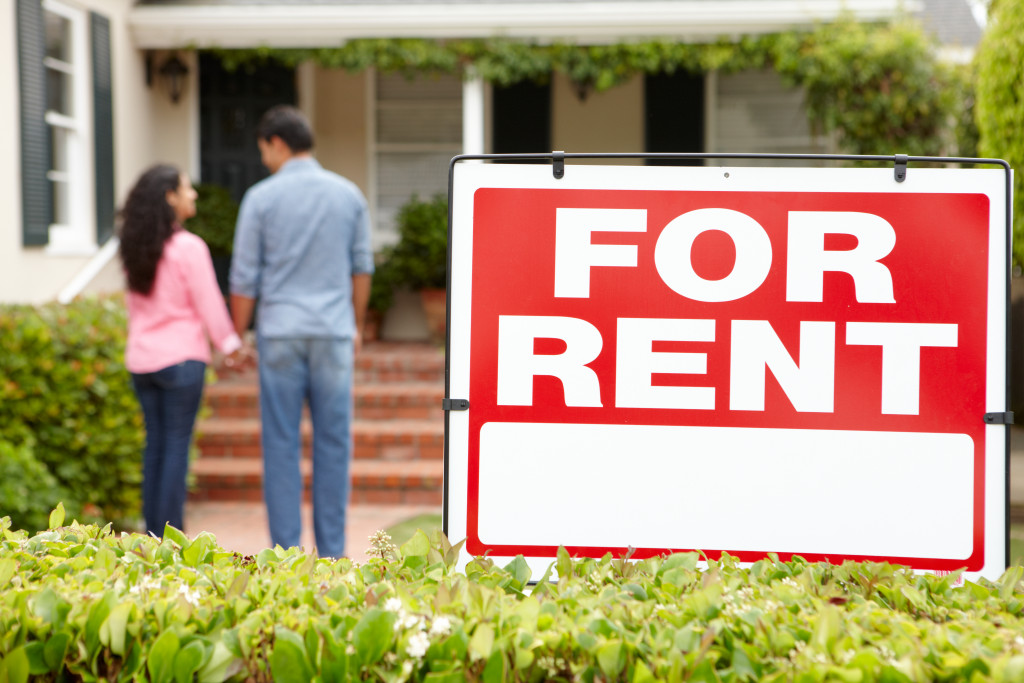As a landlord, it’s essential to keep your business profitable. After all, real estate investing is a business, and like any business, there are certain things you need to do to ensure that your business is running smoothly and making money. According to the National Association of Realtors, the average rental property owner makes a profit of just over $1,000 per month. But with a little effort, you can easily increase your monthly profit to several thousand dollars.
Here are a few tips on how to keep your rental home business profitable.
1. Screen Your Tenants Carefully
One of the most important things you can do to keep your business profitable is to screen your tenants carefully. Remember, it’s not just about finding someone who can pay the rent; it’s also about finding someone who will take care of your property and be a good neighbor. Be sure to check references and run a credit check before you sign any leases.
Most tenants are good people who will take care of your property and pay their rent on time. But every now and then, you’ll come across a bad apple. And when you do, it can cost you big time. A bad tenant can damage your property, fail to pay rent, and cause other problems. So it’s essential to screen your tenants carefully to avoid getting stuck with a bad one.
2. Stay on Top of Maintenance and Repairs
Another important tip is to stay on top of maintenance and repairs. If something breaks, fix it right away. Don’t wait until it gets worse and becomes a bigger problem. Not only will this keep your tenants happy, but also save you money in the long run. You can also save money by doing some maintenance and repairs yourself.
But, of course, you must always ensure the work is done correctly. Repainting is an easy job but is also an easily botched one. Hiring professional house painters can save you money and provide a much better paint job than if you did it yourself. This is the same for most repairs and maintenance tasks around the house.

3. Raise the Rent Gradually
When it comes time to raise the rent, do so gradually. You risk losing good tenants if you raise the rent too much at once. Instead, increase the rent a little each year, so tenants have time to adjust. This will help ensure that your units stay occupied and that you’re still making a profit. You can also offer incentives, such as a discount for paying rent on time or signing a longer lease.
A good rule of thumb is to raise the rent by no more than 3-5% each year. Some landlords raise the rent even less, by 1-2% each year. Research rent prices in your area so you can find the perfect balance. Don’t charge too much rent or risk having your units sit unoccupied. But don’t charge too little either, or you won’t be making the profit you deserve.
4. Review Your Expenses Regularly
Review your expenses regularly and look for ways to save money. Most landlords think they’re already doing this, but there’s always room for improvement. For example, you might be able to get a better deal on your insurance by shopping around or increasing your deductibles. You might also save money on repairs and maintenance by doing some of the work yourself or negotiating better rates with contractors.
It’s also a good idea to review your expenses regularly so you can be sure you’re not spending more money than you need to. This will help ensure that your business is as profitable as possible. Find ways to save money, and your bottom line will thank you.
5. Have a Contingency Fund
Finally, one of the best tips for keeping your landlord business profitable is to have a contingency fund. This fund should be used for unexpected expenses, such as repairs or vacancy rates higher than anticipated. Having this cushion, you’ll avoid putting yourself in financial jeopardy if something unexpected arises. Some experts recommend having a fund that equals 3-6 months of operating expenses.
You should also have a plan for what to do if you have to dip into your contingency fund. For example, you might need to temporarily stop making repairs or upgrades to your property. Or you might need to raise the rent or offer incentives to tenants to keep them from moving out. No matter what, having a contingency fund is a crucial way to help ensure the profitability of your landlord business.
By following these tips, you can help ensure that your rental business is profitable for years. Remember to screen your tenants carefully, stay on top of maintenance and repairs, raise the rent gradually, review your expenses, and have a contingency fund for unexpected expenses. Do all of this, and you’ll be well on your way to success as a landlord!

